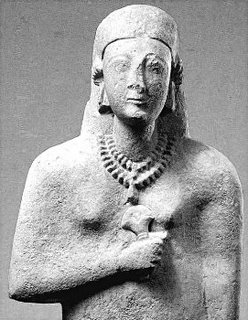Archaic/Obsolete

Q. What's the difference between an archaic word and an obsolete word?
A. Both dictionary labels warn you that the word in question may be hopelessly out of date and should be replaced with something more contemporary.
Archaic or obsolete words survive because people still read the literature of earlier centuries and need to know certain terms. Try getting through the King James Version of the Bible without a glossary, for instance.
An archaic term is no longer in use except in special cases such as poetry or liturgy; it comes from an earlier time.
It will sometimes show up in print as a misguided attempt at humor: Forsooth, that rapper really gets down, dawg.
An obsolete word is stone cold dead. It simply hasn't been used for the last 250 years, even in poetry or liturgy, and it survives merely as a historical curiosity. (Recall Hamlet's "Who would fardels bear . . .)
Then there's the term obsolescent, which refers to a word in the process of becoming obsolete. Alexander Pope had it right: "Be not the first by whom the new are tried, Nor yet the last to lay the old aside."


Comments